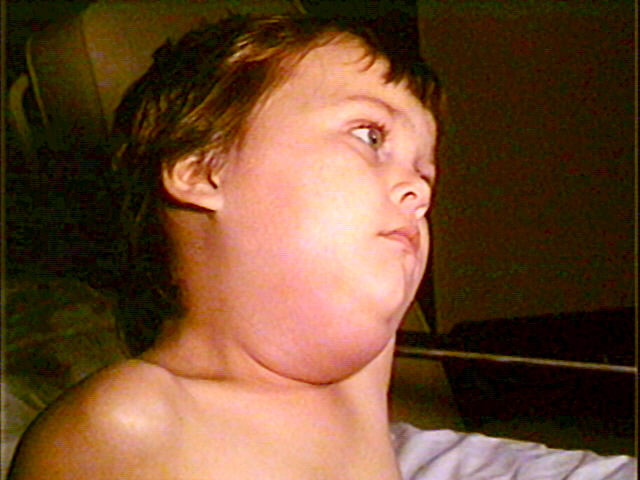Health officials in Arkansas are looking into a possible outbreak of mumps as cases in schools continue to rise. Over 30 schools in the state have reported mumps, affecting more than 400 residents.
The Arkansas Health Department is investigating 427 suspected mumps cases in 13 offices and three school districts, according to Nature World News. Springdale has the highest number, with 24 schools reporting that one or more students have contracted mumps. Seven schools in Rogers and one in Bentonville have the same cases.
The Centers for Disease Control and Prevention describes mumps as a contagious disease caused by a virus, generally occurring in childhood. Symptoms include fever, headache, loss of appetite, muscle aches and tiredness that may last for a few days. Mumps can be distinguished by the puffy cheeks or jaws it causes, due to swollen salivary glands. In severe cases, mumps can lead to swelling in the brain, ovaries or testicles, or even deafness. The virus is transmitted by direct contact, contact with contaminated items or spread from bodily fluids.
To prevent any further outbreaks, state authorities are requiring students with vaccine exemptions for the MMR (mumps, measles and rubella) who attend the schools with reported cases to stay at home for 26 days from the date of exposure, and until the outbreak is declared over.
The health department is urging parents to get their children vaccinated, as mumps is a vaccine-preventable disease. Two doses of the vaccine prevent mumps by up to 88%.
Children younger than six years old are advised to have their first dose at 12 to 15 months old, followed by a second dose at four to six years old. Children ages seven and up who have not received the MMR vaccine should receive their first shot immediately, followed by a second dose at least four week after.
Adults born after 1957 are also recommended to get vaccinated, followed by a second dose after 28 days. Individuals born before 1957 are generally considered to be immune to mumps. Pregnant women and patients with compromised immune systems should not receive the vaccine, as it is a live virus.
























